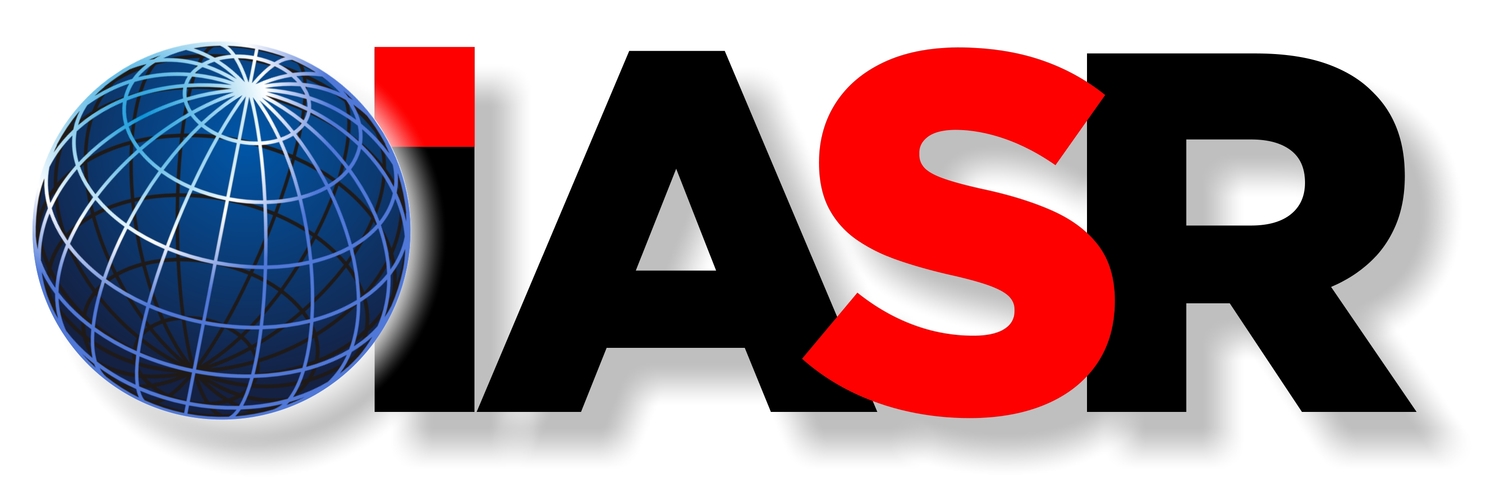Travel Grants for Historically Marginalized Groups and Geographies
The International Academy of Sex Research is committed to supporting diverse and representative sexuality science. Historically, our membership, conference attendees, and sexuality science has originated predominantly from North America, Europe, and Australia and majority-identified scientists (e.g., white, cisgender, able-bodied). The IASR seeks to increase representation of marginalized sexuality researchers and geographies at our Annual Meeting and in our membership.
IASR travel grants for historically marginalized groups and people from lower- and middle-income countries (LMICs) are intended to support participation and engagement of marginalized established, early career, and student researchers in the Annual Meeting of the IASR.
Up to three travel grants will be made available:
Established Researcher Travel Grants are intended to support presenters who completed post-graduate education greater than 5 years ago
Early Career Researcher Travel Grants support those who completed post-graduate education within the past 5 years
Student Researcher Travel Grants support those who are currently enrolled in an academic or professional program
Each travel grant will consist of…
Free conference registration
Conference hotel accommodation for 4 nights
Up to $750 for travel support
Who is eligible to apply?
Applicants do not need to be IASR members, though all are encouraged to become a member. Awardees must submit to present scientific work as part of a symposium, brief communication, data blitz, or poster at the conference.
Historically marginalized groups are defined relative to the composition of the IASR membership and conference attendees, including: BIPOC (i.e., Black, Indigenous, or other Persons of Color); first generation university students and graduates; individuals with disabilities; gender-diverse individuals; individuals from outside North America, Europe, and Australia; people from lower- and middle-income countries (LMICs); and individuals with intersectional forms of marginalization (e.g., queer-identified individuals working outside the North American context).
How to apply
Interested and eligible individuals are asked fill out the application (when available) by the February 2, 2026 deadline. You will be asked to submit the following:
Curriculum vitae (CV)
Brief (maximum of 500 words) essay describing eligibility in terms of marginalized group/geography and how you would benefit from the travel grant
Other sources of funding for conference attendance
For the Student Researcher Travel Grants only: Proof of student enrollment in an academic program (e.g., transcripts showing that you are currently enrolled, copy of a student card with program dates, letter from your academic adviser stating you are enrolled and in good standing in your program)
Applicants must also plan to submit for a scientific presentation. Information on each type of presentation and relevant submission procedures are as follows:
Symposium proposals are typically due in December of the preceding year
Brief communication and data blitz abstracts are typically due in March of the conference year
Poster presentation abstracts are typically due in April of the conference year
Evaluation and award disbursement
Travel grant applications will be reviewed and candidates will be notified by mid-February to early March. However, please note that these advance notifications are tentative, as awards are contingent upon submission of a scientific presentation (i.e., symposium, brief communication, data blitz, or poster) that is judged to be of sufficient quality for acceptance at the conference. Alerting candidates in advance is intended to support awardees who may require more time to make arrangements to attend (e.g., applying for any necessary visas) than would be possible if decisions were communicated after all presentation abstracts have been reviewed in April or May.
Grants will be confirmed upon review and acceptance of the applicant’s submitted presentation. Candidates who are notified of tentative selection for a travel grant but do not submit to present their work at the conference will be withdrawn from consideration and not receive funding.
All travel grant funding will be provided via reimbursement of covered expenses via PayPal after the conference takes place. IASR will send instructions to all awardees for reserving travel and hotel as well as registering for the conference.

